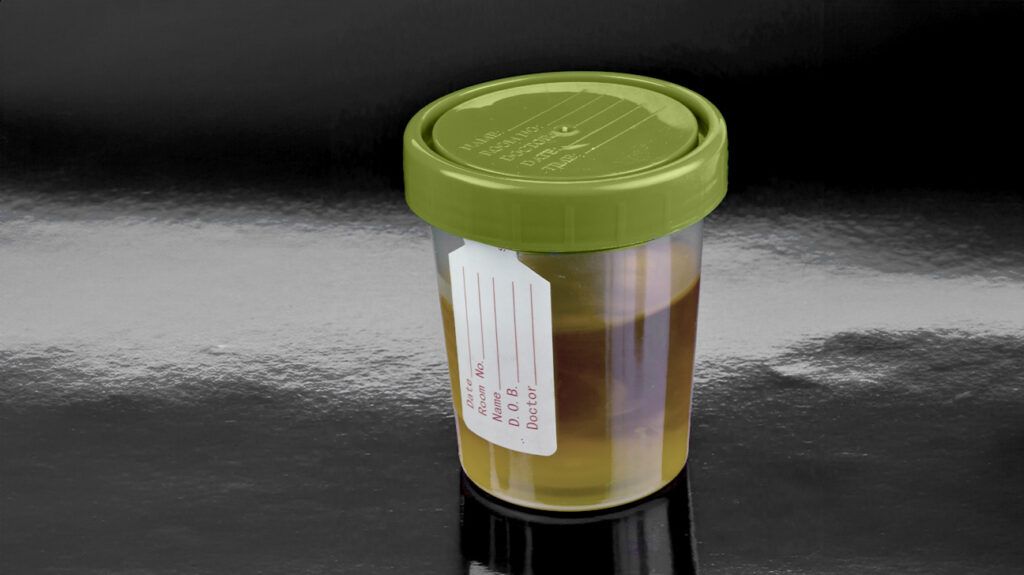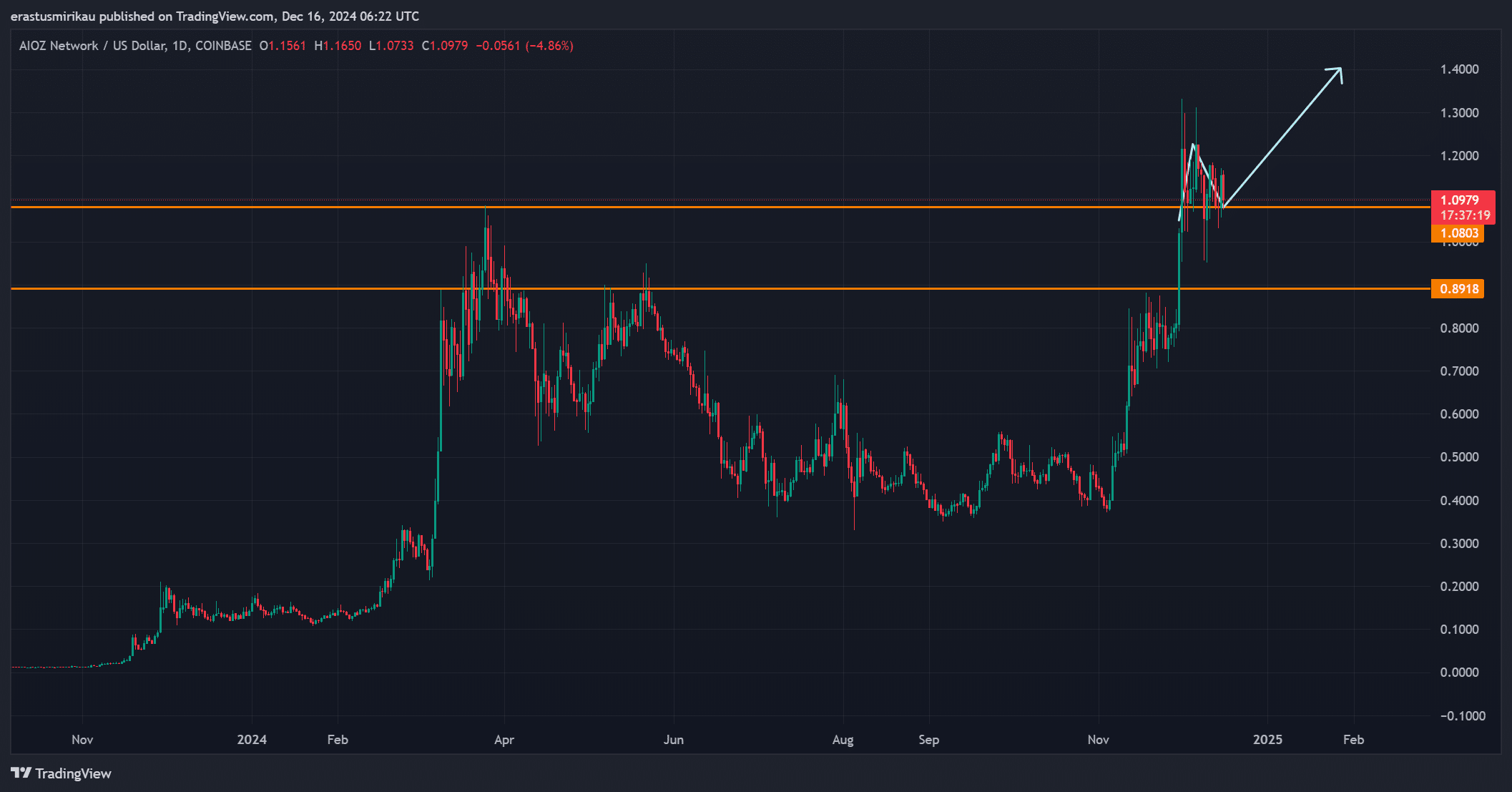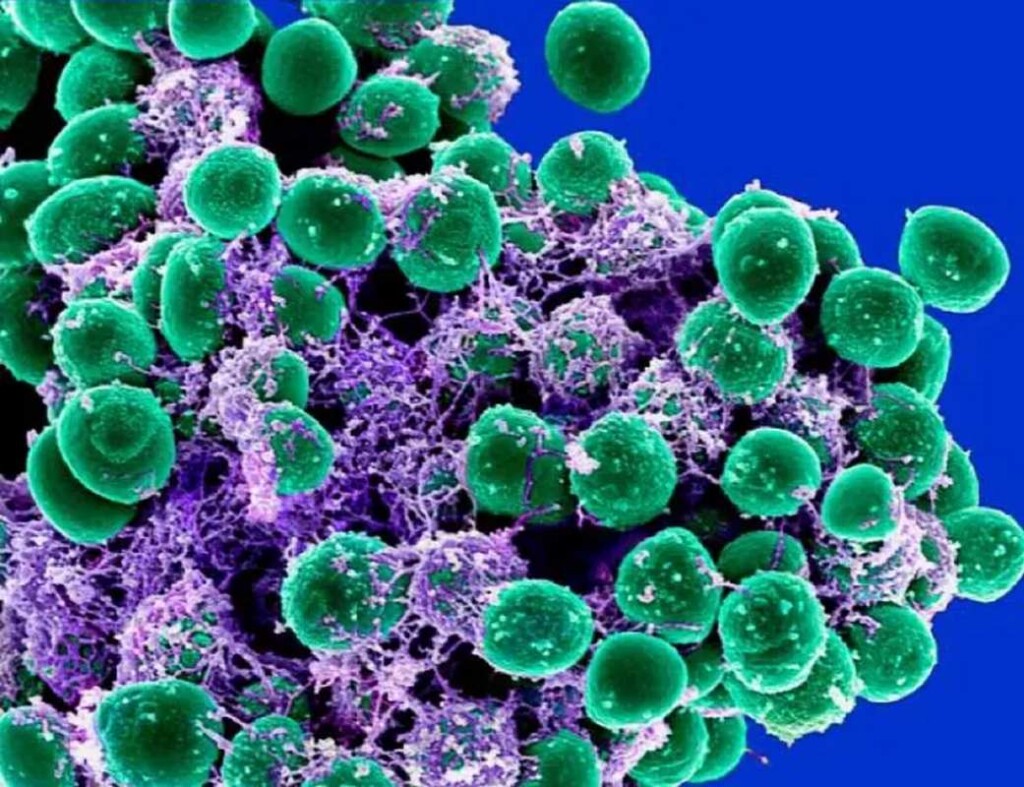 Share on PinterestThe development of a urine-based test for early detection of ovarian cancer is currently underway at Virginia Commonwealth University. The researchers explored the potential use of nanotechnology to analyze specific peptides present in the urine of individuals with ovarian cancer. Despite the promising nature of this discovery, the diagnostic process is still in its early stages. The goal of the scientists at Virginia Commonwealth University is to create a potential urine-based test that can aid in the early detection of ovarian cancer. Their study has been published in the Journal of the American Chemical Society, and they will be presenting their findings at the upcoming Biophysical Society Annual Meeting in Philadelphia.
Share on PinterestThe development of a urine-based test for early detection of ovarian cancer is currently underway at Virginia Commonwealth University. The researchers explored the potential use of nanotechnology to analyze specific peptides present in the urine of individuals with ovarian cancer. Despite the promising nature of this discovery, the diagnostic process is still in its early stages. The goal of the scientists at Virginia Commonwealth University is to create a potential urine-based test that can aid in the early detection of ovarian cancer. Their study has been published in the Journal of the American Chemical Society, and they will be presenting their findings at the upcoming Biophysical Society Annual Meeting in Philadelphia.
Dr. Deanna Gerber, a gynecological oncologist at NYU Langone’s Perlmutter Cancer Center, highlighted the significance of this new technology in improving the chances of detecting ovarian cancer at an earlier stage, thus enhancing the likelihood of curing more cases of this disease.
The research team identified and scrutinized 13 peptides, including those derived from leucine-rich a-2 glycoprotein (LRG-1), a known biomarker in the urine of individuals with ovarian cancer. By using nanopore sensing, the researchers believe they can more effectively and accurately detect these peptides, potentially allowing for the detection of multiple peptides.
Dr. Diana Pearre, a gynecologic oncologist at The Roy and Patricia Disney Family Cancer Center at Providence Saint Joseph Medical Center, emphasized the need for further research to validate the sensitivity of the new technology in detecting a rare disease like ovarian cancer. While optimistic about the potential of this technology to aid in detecting ovarian cancer, she cautioned that it is still a long way from becoming widely available for patients.
Nanotechnology, which capitalizes on the unique properties of nanoscale materials to solve problems, has vast potential in diagnostic and therapeutic applications, including the diagnosis and treatment of various illnesses. Dr. Kecia Gaither, an OB/GYN and expert in maternal fetal medicine, expressed optimism about the potential of nanotechnology to revolutionize the diagnosis and treatment of ovarian cancer and other diseases in the near future.














